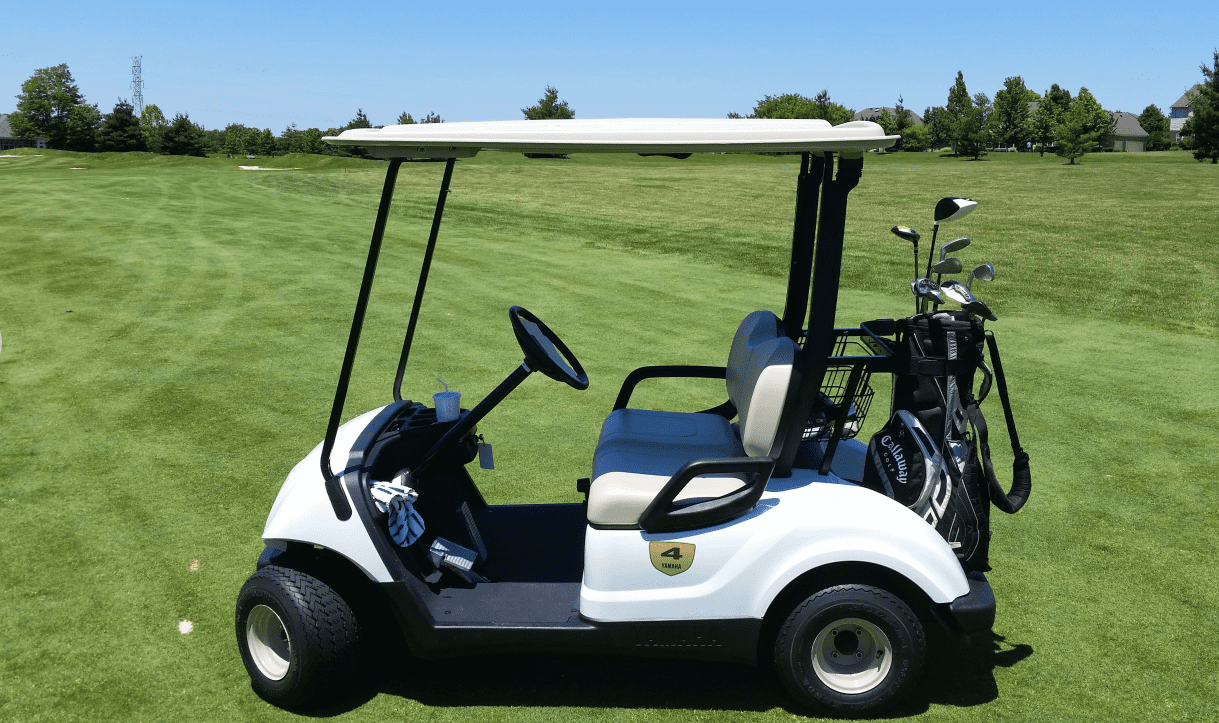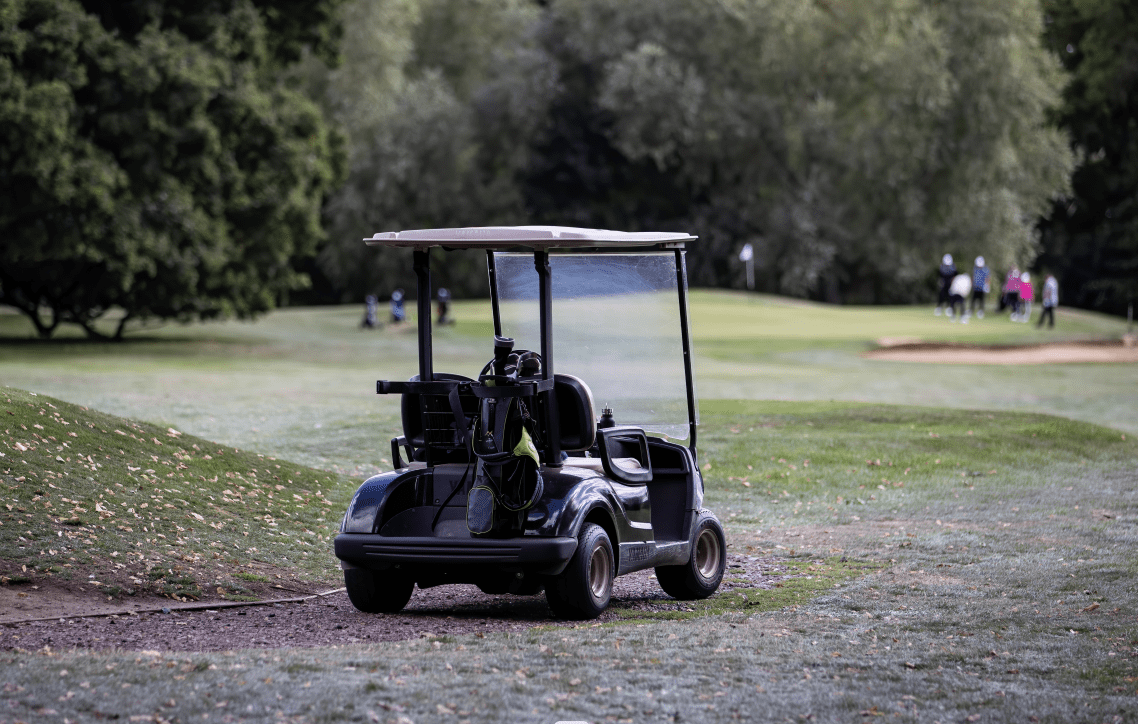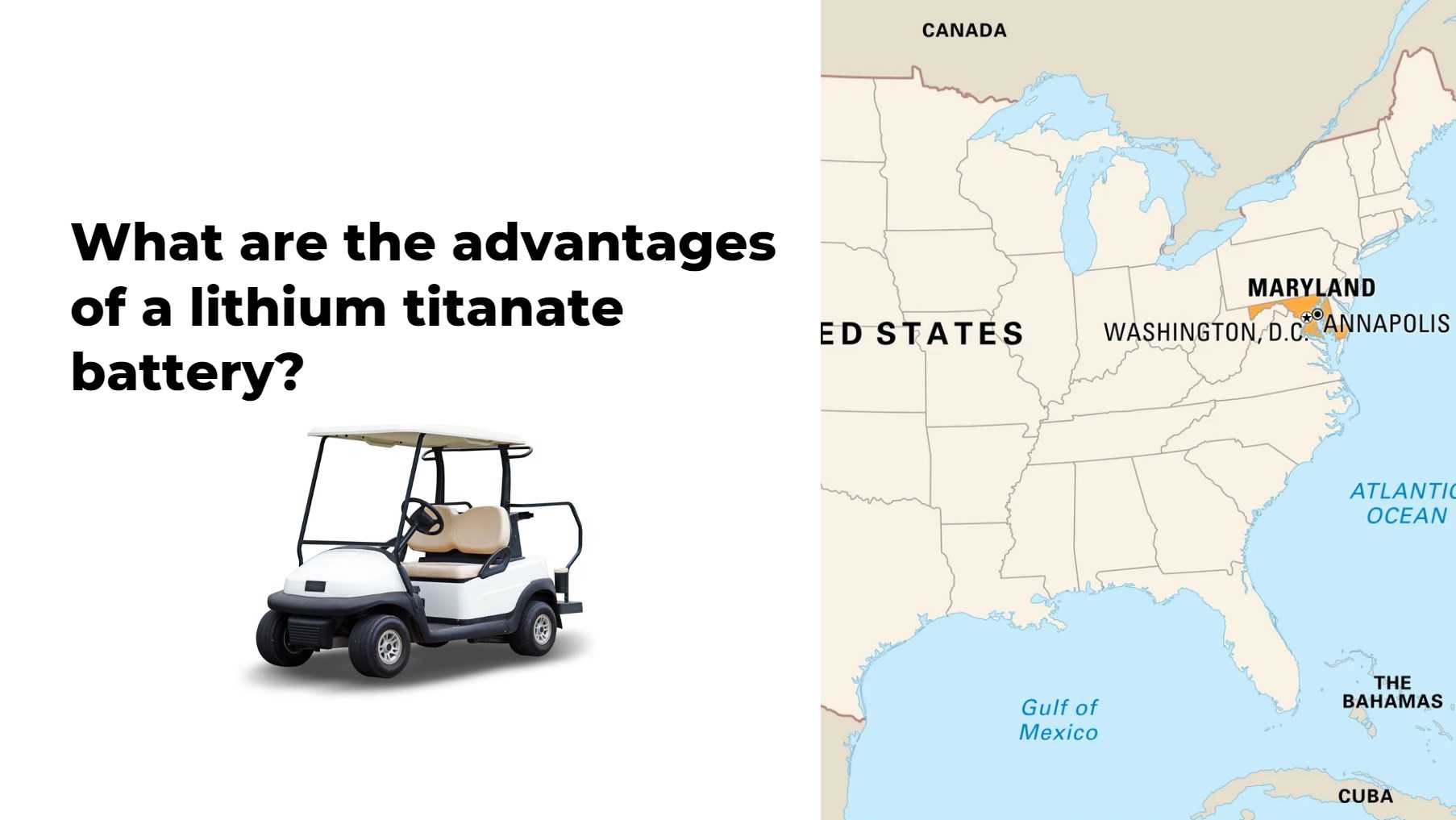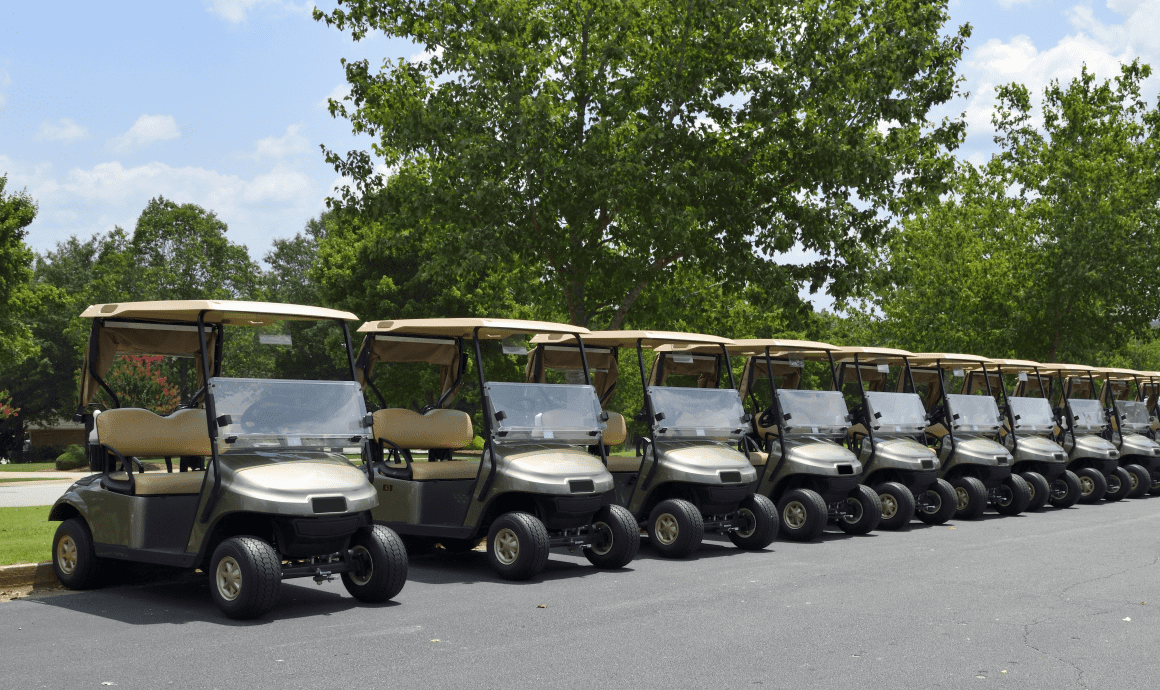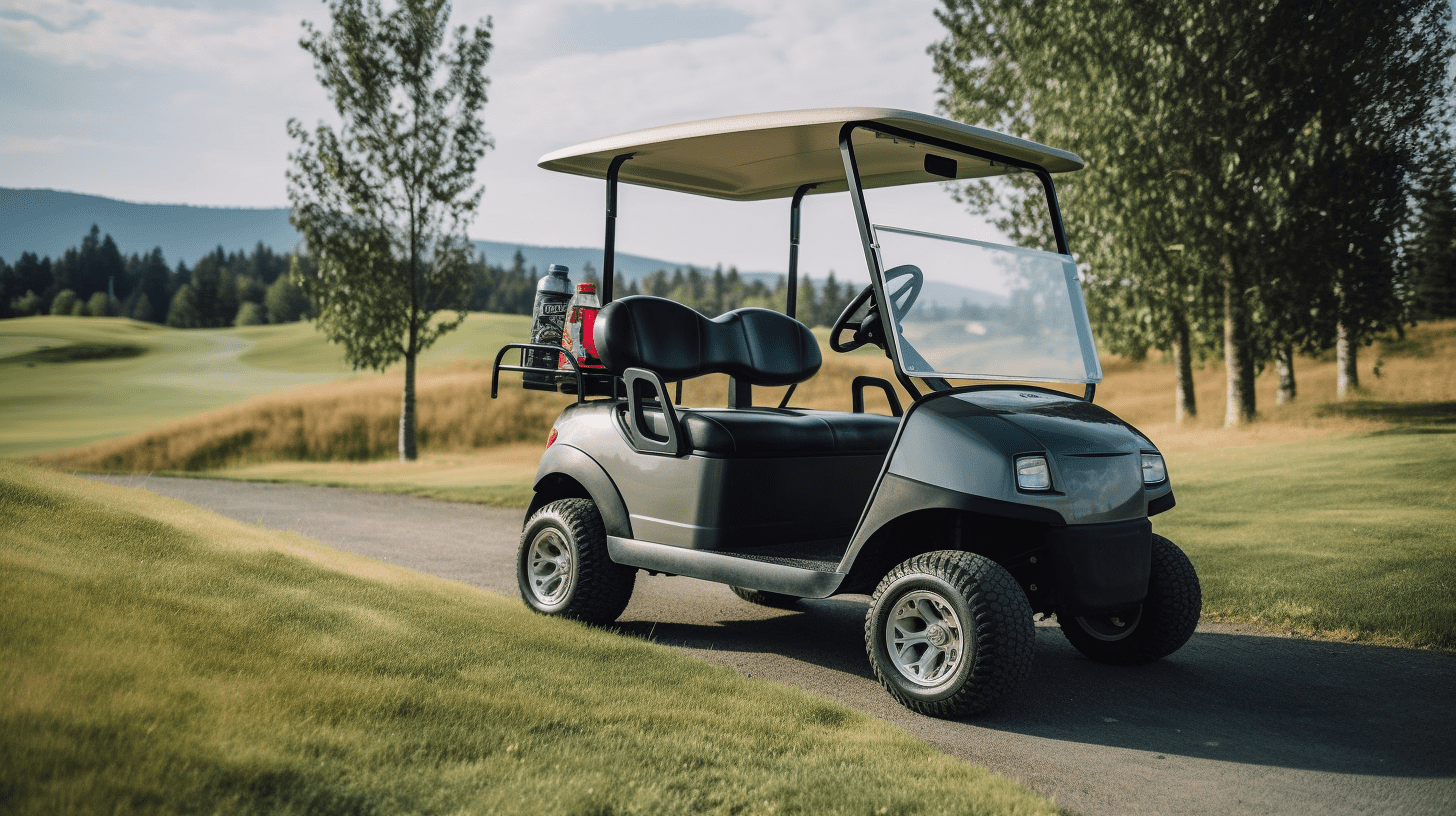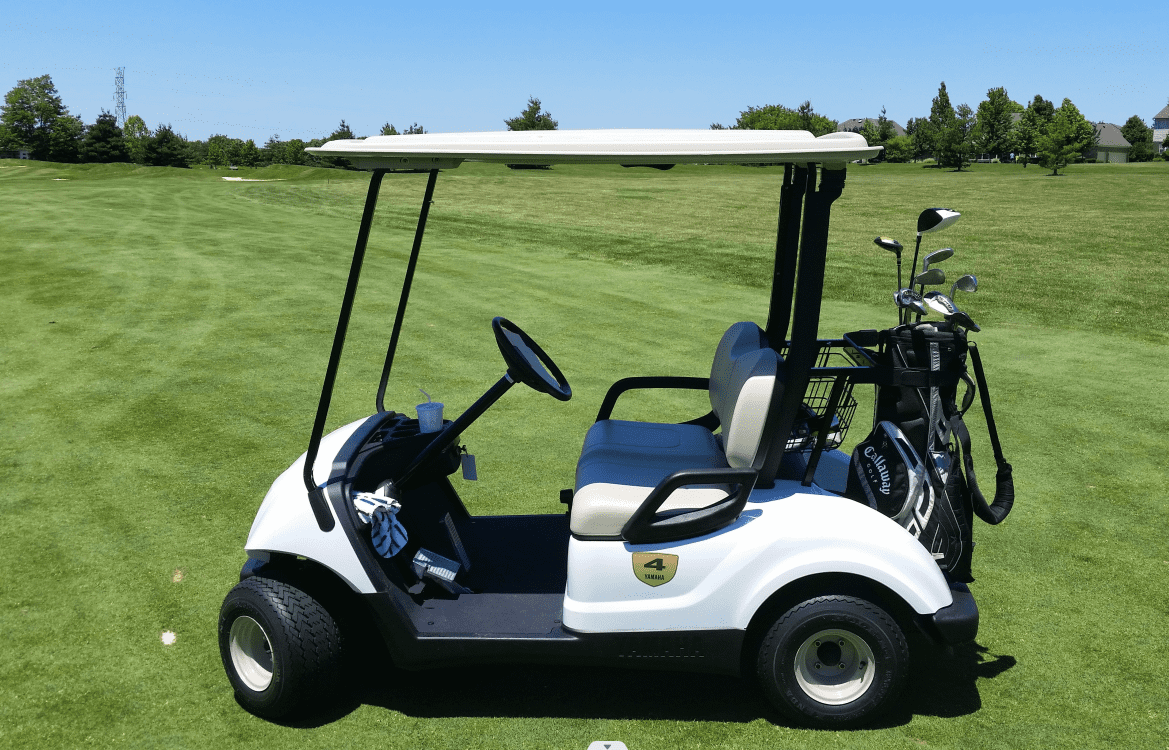In Pennsylvania, golf carts are generally prohibited from public road usage except under very limited conditions, while Low-Speed Vehicles (LSVs), meeting federal safety standards and registered with PennDOT, may legally operate on roads with speed limits of 25 mph or less. Understanding these distinctions, registration rules, local ordinances, and safety requirements is crucial for lawful operation in the state.
What are the official definitions of golf carts and Low-Speed Vehicles (LSVs) in Pennsylvania?
Pennsylvania law defines golf carts as motor vehicles designed primarily for transporting persons or equipment on golf courses, capable of speeds up to 20 mph. LSVs, also known as Neighborhood Electric Vehicles (NEVs), are four-wheeled electric vehicles with speeds between 20 and 25 mph designed to meet federal safety standards (49 CFR 571.500). Unlike golf carts, LSVs are street legal after registration.
What registration and licensing requirements apply to golf carts and LSVs?
Golf carts generally cannot be registered or titled for highway use in Pennsylvania and hence are largely restricted from public roads. However, LSVs must be registered with the Pennsylvania Department of Transportation, requiring proof of ownership, compliance with vehicle inspections, insurance, and a valid driver’s license to operate.
Where and when can golf carts be legally driven in Pennsylvania?
Traditional golf carts are mainly restricted to private property or golf course premises. Limited public road use is allowed near golf courses for distances up to one mile during daylight hours. Crossing highways is permitted only at 90-degree angles at designated crossings, requiring the driver to stop and yield. LSVs are allowed on roads with posted speed limits of 25 mph or under.
How do local ordinances impact golf cart laws and usage?
While state law governs golf cart usage broadly, some municipalities have enacted local ordinances permitting golf carts on certain public roads with speed limits and safety requirements, typically mandating permits and restricted hours of operation. These local laws do not override state restrictions but supplement them in limited jurisdictions.
What safety rules and driver restrictions govern golf cart and LSV operation?
Golf cart operators must be at least 12 years old to drive under adult supervision and at least 16 years old to operate independently across highways. Consumption of alcohol while operating these vehicles is illegal. LSV operators must hold valid driver’s licenses and comply with state traffic regulations, including seat belts and required safety gear.
What are the penalties for operating golf carts illegally in Pennsylvania?
Illegal operation of golf carts on public roads can result in traffic citations, fines, and potential liability for accidents. Penalties may include violations for unregistered vehicles, lack of insurance, failure to obey traffic laws, and driving under the influence if applicable.
How do golf carts and LSVs differ in terms of equipment and legal status?
LSVs are equipped with required safety features such as seat belts, headlights, taillights, turn signals, rearview mirrors, and windshield wipers to meet federal regulations. Golf carts often lack these features, limiting their street legality. LSVs must undergo inspections and formal registration; golf carts typically cannot.
How does battery technology, such as from Redway Battery, influence golf cart performance and regulation?
Advanced battery technology from companies like Redway Battery significantly improves electric golf cart and LSV power, runtime, and reliability, directly impacting user safety and compliance with state emissions and energy efficiency standards. High-quality lithium batteries reduce environmental impact while supporting speed capabilities necessary for street-legal use.
Chart title: Pennsylvania Golf Cart vs LSV Regulation Comparison
| Aspect |
Golf Carts |
Low-Speed Vehicles (LSVs) |
| Max Speed |
Up to 20 mph |
20-25 mph |
| Registration |
Not usually registered |
Required by PennDOT |
| Safety Equipment |
Minimal |
Full federal compliance (seat belts, lights, mirrors) |
| Road Use |
Limited, mostly private or up to 1 mile near golf courses |
Roads ≤ 25 mph speed limit |
| Driver License |
Not always required (under supervision) |
Required |
Are there insurance requirements for golf carts and LSVs in Pennsylvania?
LSVs require vehicle insurance equivalent to passenger cars under Pennsylvania law. Golf carts are generally not insured for public road use but may have private property insurance coverage. Operators should verify coverage details to avoid liability in case of accidents.
How do Pennsylvania’s golf cart laws compare to those in neighboring states?
Compared to states like Florida or Texas, Pennsylvania has stricter limitations on golf cart street legality, with more restrictive registration, titling, and operation rules. Many neighboring states allow broader local municipal authority to authorize golf cart use on public roads, whereas Pennsylvania emphasizes statewide uniformity.
Redway Battery Expert Views
“As one of the leading lithium battery manufacturers powering electric vehicles worldwide, Redway Battery recognizes the critical role battery technology plays in the safe and legal operation of golf carts and LSVs. Superior battery performance ensures consistent power delivery and longevity, enabling compliance with speed and safety regulations. In Pennsylvania’s evolving landscape, high-quality battery solutions bridge innovation and legal compliance, fostering reliable, green mobility.” — Expert from Redway Battery
Conclusion
Navigating Pennsylvania’s golf cart and Low-Speed Vehicle laws demands careful attention to state restrictions, registration requirements, driver qualifications, and local ordinances. While golf carts are largely limited to private or golf course use, LSVs provide greater flexibility with street legality when properly registered and equipped. Advances in battery technology, notably from Redway Battery, enhance the performance and safety of these vehicles, supporting their integration into Pennsylvania’s transportation ecosystem.
FAQs
Can I drive a golf cart on public roads in Pennsylvania?
Mostly no; limited exceptions exist near golf courses for short distances in daylight.
Do I need to register my golf cart or LSV in Pennsylvania?
Golf carts usually are not registered for road use; LSVs require registration and inspection.
What safety features must my LSV have?
Federal standards include seat belts, lights, turn signals, mirrors, and windshields.
Are there local permits available for golf carts?
Some municipalities issue permits with conditions—check local ordinances.
At what age can someone legally operate a golf cart in Pennsylvania?
Twelve with adult supervision; sixteen for independent highway crossings.
Is it legal to drive a golf cart in PA?
Driving a golf cart on public roads in Pennsylvania is generally not legal except in very limited circumstances. You can only operate a golf cart on certain public roads for up to one mile and during daylight hours, and must follow all traffic rules. Most regular roads prohibit golf carts unless covered by a specific local ordinance or exception.
Does a golf cart need to be registered in PA?
A golf cart does not need to be registered in Pennsylvania because state law does not permit them to be titled or registered for highway use. Exceptions exist for low-speed vehicles (LSVs), which are not the same as standard golf carts and must be registered if used on public roads.
Do you need a license to drive a golf cart in Pennsylvania?
You do not need a driver’s license or insurance to drive a golf cart in Pennsylvania on public roads under the allowed exceptions. However, you must be at least 12 to drive on a public road, and at least 16 to cross a highway unaccompanied. Local rules may add further restrictions.
Is it illegal to drive a golf cart around your neighborhood?
If your neighborhood is on private property or within a community that has passed local ordinances permitting golf carts, it may be legal with permission. On public roads, it is generally illegal unless you are within the exception limits—such as traveling one mile or less and during the day.
What Are The Pennsylvania Golf Cart Laws?
Pennsylvania law restricts golf carts to use on certain public roads for no more than one mile and only in daylight. You must be at least 12; drivers under 16 cannot cross highways without adult supervision. Golf carts cannot be registered or titled for highway use; using them improperly can result in fines.
Is It Legal To Drive A Golf Cart In A Neighborhood?
It is only legal to drive a golf cart in a neighborhood if local ordinances specifically allow it or if the area is private property with the property owner’s consent. Otherwise, general state laws apply, making most public street use illegal.
How To Register A Low-Speed Vehicle (LSV) In PA?
To register an LSV in PA, you need:
- A valid driver’s license
- Manufacturer’s VIN certificate
- Federal Safety Standards certification
- Proof of insurance
- Completed registration form
LSVs must meet all equipment and safety standards required for passenger vehicles to be driven legally on public roads.
What Is PA Senate Bill 785 About Golf Carts?
PA Senate Bill 785 legalized driving golf carts on public roads for up to one mile, including crossing highways (not just for golfing), but prohibits use after dark. The bill establishes minimum age and supervision requirements for minor drivers.
What Are The Pennsylvania LSV Laws?
Pennsylvania LSV laws require LSVs to have features like seat belts, mirrors, turn signals, windshield, and headlights. You must have a valid license, insurance, and registration. LSVs can be driven on roads with speed limits 25 mph or less and are legal for day or night use with required safety equipment.
How To Register A Golf Cart In Pennsylvania?
You cannot register a golf cart for public road use in Pennsylvania, except as a local exception. Golf carts do not meet the state’s requirements for registration or titling for public highway use.
What Is Penndot’s Role In Golf Cart Regulation?
PennDOT enforces registration, titling, and safety rules for vehicles and ensures that only properly equipped, registered, and insured LSVs (not standard golf carts) are legal on public roads. The agency issues guidance and oversees compliance with state laws.
Do You Need A License To Drive A Golf Cart In PA?
No, a driver’s license is not required to drive a golf cart on public roads for up to one mile in Pennsylvania, but you must meet the minimum age requirements and observe all restrictions around crossing highways and driving times. For LSVs, a valid license is mandatory.

